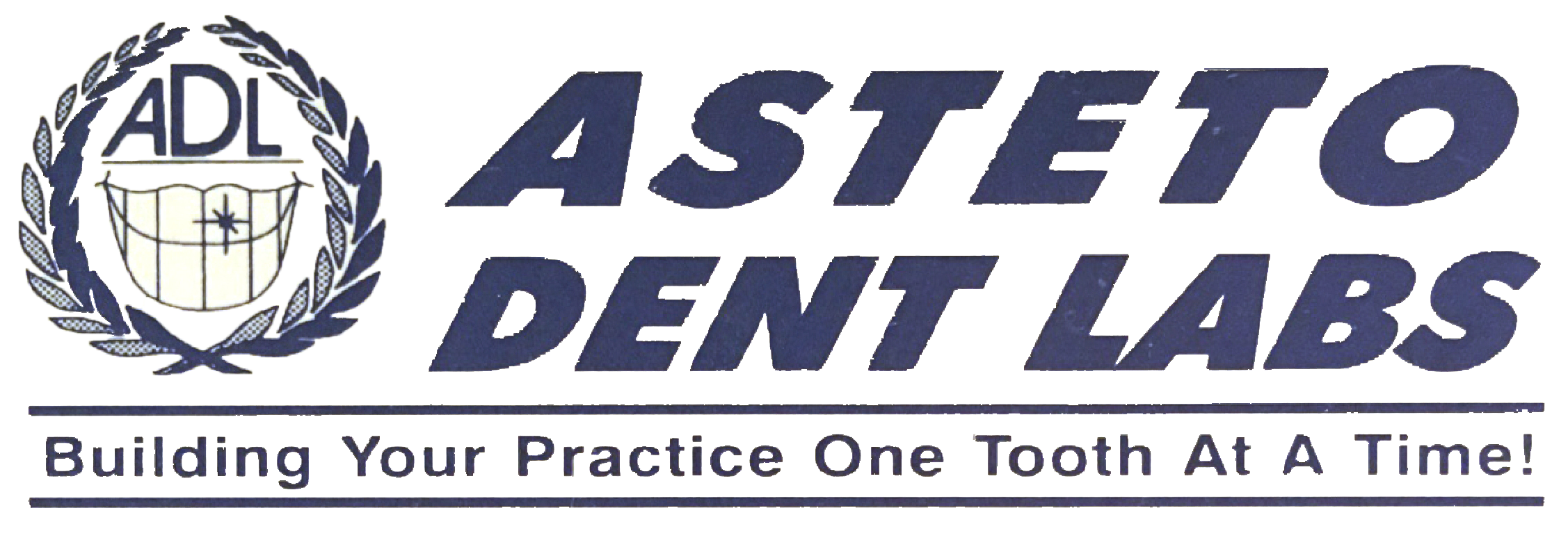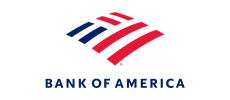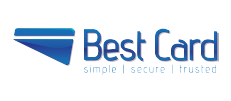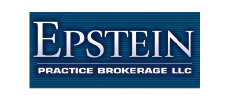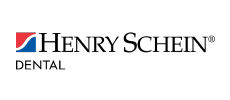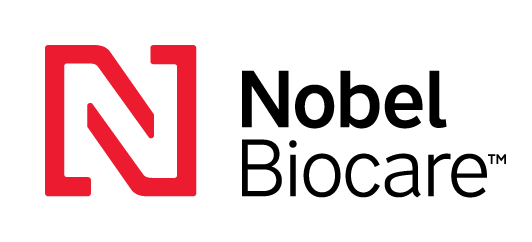Try the OmniChroma Family
Try a free sample of OMNICHROMA, OMNICHROMA Flow, or Flow BULK and see how one-shade composite can simplify your restorations.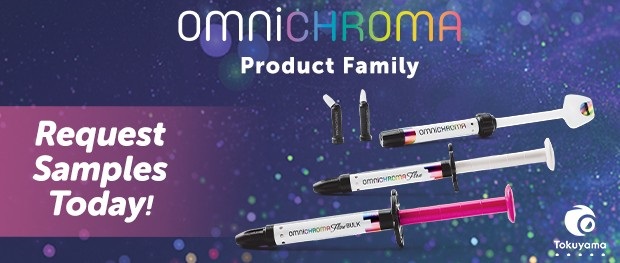
Volunteer Opportunity
The New Jersey Dental Foundation invites NJDA members to make a meaningful impact alongside TeamSmile and Colgate during the ShopRite LPGA Classic on May 29, 2026. Volunteer at the Seaview Hotel in Galloway, provide essential dental care to children in need, and earn 4 CE credits for your service.
Seller's Event | Bank of America
Planning your next chapter? This seminar is designed for established doctors, offering expert guidance to help you confidently transition your practice and prepare for retirement. Food and beverages provided.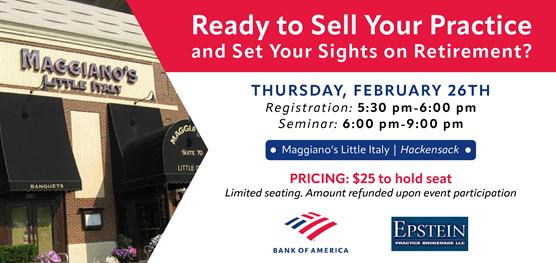
Help Patients Find You
The new AccessCare Directory, made possible by CareCredit, highlights NJDA member-dentists who offer special services such as sedation, homebound treatment, senior discounts, and more. Get on the list!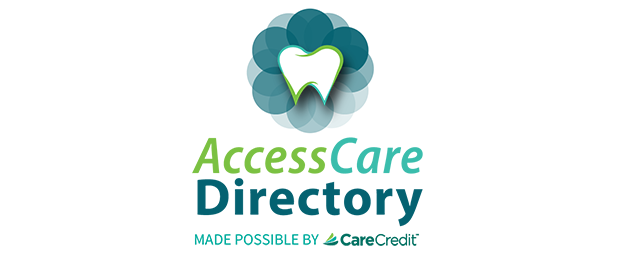
The Wellness Summit
This intimate summit brings together dental professionals from across New Jersey for expert-led sessions, interactive discussions, and movement-based breaks focused on well-being, resilience, and burnout prevention. Attendees will gain practical tools to support their mental, emotional, and physical health in a supportive, judgment-free environment.
Renew Your Membership
Keep your support and member resources through 2026.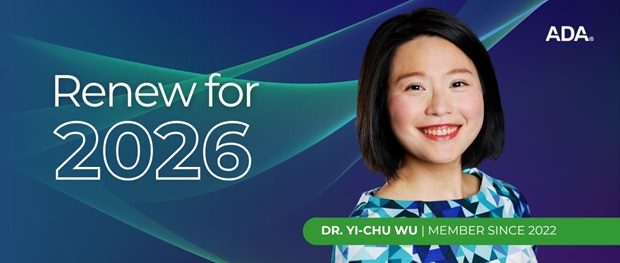
REGISTRATION OPEN!
We are excited to announce that NJDA's Annual Convention will return to Bridgewater on May 1-2, 2026! Registration is now open for this 2-day Convention that will truly be the place to be for all New Jersey dental professionals!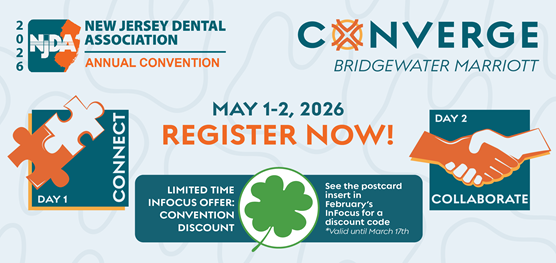
Celebrate NJDA President Dr. Amit Vora
Our yearly NJDA Celebration will cap off Day 1 of the Annual Convention and will take place at the Bridgewater Manor, located just seven minutes from the Convention site. We'll be celebrating New Jersey dentistry and our guest of honor, President Dr. Amit Vora. RSVP to join the celebration!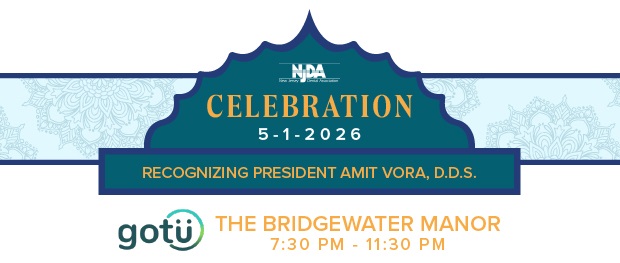
Enhance Your Membership
Customize your 2026 membership by adding the virtual License Requirements Series, our Practice Solutions bundle, or the new Dental Impact Series!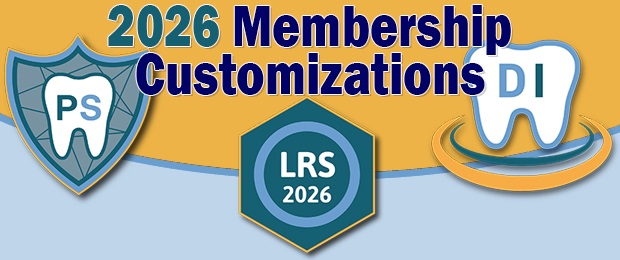
Helping Members Succeed
The New Jersey Dental Association is the voice of the dental profession and a strong proponent of oral health in the state. Members are part of a vibrant community of dentists encompassing 12 local dental societies as well as the American Dental Association. Members engage in educational programs, have access to dentist-centric relationships and tools to navigate the business of dentistry and their careers, as well as benefit from dedicated advocacy that protects the interests of the profession. The organization is run by member-dentists with the support of a team of professionals at NJDA Headquarters. NJDA members never practice alone!
UPCOMING EVENTS
DENTAL NEWS AND NOTES
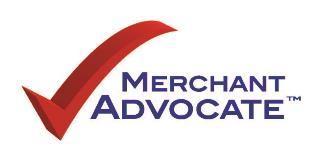
Are You on the Right Pricing Structure for Dentists?
Credit card processing is about more than your “rate.”
By: Eric Cohen, CEO, Merchant Advocate
The first thing you need to know about credit card processing for your practice is that the merchant services industry is unregulated. There are absolutely no licenses or accreditations needed in order to sell merchant services. Why is this important to know? Well, this makes it easy for processors, sales agents and sales organizations to set up different pricing models that take more money out of your pocket than necessary. We have caught several processors using these different pricing models, allowing them to charge hundreds of thousands of dollars in unnecessary fees.
We recently helped an orthodontist who was overpaying by more than $3,000 a month and didn’t even realize it. He was told his rate was 1.59%, a very decent rate. However, what he and most business owners don’t understand is that the 1.59% is the base rate without “add-ons.” After surcharges and hidden fees were added to this rate, the overall rate came to over 5%!
Why it’s not easy to know your net rate
There are many different pricing models available for processors to use. Some processors use a bill back method of charging you. For example, they charge a flat rate of 1.59% and then for all cards that are “not qualified” at that rate, they add a surcharge. “Not qualified” can mean anything the processors want it to mean, but they don’t add those fees until the following month or even two months later. This causes confusion when you get your bill because the fees charged might be partially from the current month and partially from a prior month without you even realizing it. In fact, some statements will show the current month’s volume but last month’s fees, thus making it even harder to figure out what you are paying on a percentage basis.
“Warehouse stores” where you buy items in bulk resell merchant services as well. For example, Costco resells merchant accounts for Elavon, a large processor. The Costco Processing advertises flat rates, but of course there is an * in the advertising. The * shows that these are flat rates but there are all sorts of surcharges on top of these rates. Once again proving that not all rates are equal. This is compounded by the fact that the warehouse store is advertising discounted rates and consumers trust them because their brand promise is to supply the lowest rates and deepest discounts. When looking at most accounts that get set up through them, we see that they really do not have the best rates or your best interest in mind.
Another type of pricing model is a 3-tier or 6-tier method, which usually uses names like qualified, mid-qualified and non-qualified. This pricing model is inefficient and is, again, usually not the lowest overall cost. The idea here is that instead of telling you exactly what types of cards you take (there are over 600 categories of card pricing) the processor lumps the 600 cards into 3 categories. The problem is that one category has cards that have a real cost ranging from 1.15% to 1.75%, but the cost of this tier will be 1.75%. So the lower priced cards are surcharged. This is intentionally done to gain additional profit for the processors.
Another pricing model that seems great is the wholesale pricing model where you join a “membership.” The pitch is that if you join as a member and pay a fee, you are able to bypass the processors and go directly to Visa and save money by getting the wholesale rate. This information is actually on their web-site. The issue here is the monthly membership fee is not needed to get wholesale rates. You probably guessed it, the wholesale rates advertised are really not the best available. This is a creative sales pitch that allows people to feel as though they are getting something that they can’t get anywhere else.
What is real and what is not
Again, it important to understand that the processing industry has no regulation. This allows processors to make up fees that do not exist anywhere in the Visa/MC processing system. For example, we audited a business whose processor was charging a line item called Discount for Credits. This was a fee that was charged on all returns that the merchant made. It turns out that this fee was 100% profit to the sales organization that sold the account and was completely made up. How can this be? As long as a processor gives you 30 days notice on your merchant statement, which many fail to see, they can charge whatever they want. They can also increase your rates whenever they want. If you continue to process with them after the notice, you are essentially agreeing to the increase.
All of the complexity involved in the merchant service business allows processors to make more money from your practice. Remember if they are charging you 1% extra on your gross income, this could amount to 5-7% of your net bottom line! It is extremely important that you understand all pricing models and what the best one is for your practice. It is also important to have someone monitor your account statement every month as processors continue to increase profit by hiding fees.
ERIC COHEN is the CEO and founder of MERCHANT ADVOCATE, an independent advocate helping merchants save money in the unregulated credit card processing industry. A veteran of the finance industry, Eric Cohen founded Merchant Advocate in 2007. After his extensive experience in the merchant services industry, he was determined to create a fair value proposition and transparency for merchants with their credit card processors. He established Merchant Advocate to act as a trusted advisor on behalf of all size and categories of businesses. Eric leads the team with passion that comes from saving merchants over $30MM in the past eight years. He is always striving to help the small business owner save money. His unique vision has driven the development of an entirely new industry of Advocacy in Merchants Services.
Prior to founding Merchant Advocate, Eric held various sales and training positions in the industry, gearing up for the formation of his own organization as an independent advocate for merchants. Eric earned his undergraduate degree in Communications from Rutgers College and his MBA from the Graziadio School of Business and Management at Pepperdine University. Eric lives in New Jersey with his beautiful wife and three adorable daughters.
Contact Us
Phone: 732-821-9400 or dial the Staff Directly
Fax: 732-821-1082 | Email: info@njda.org | Follow us @NJDentalAssoc
One Dental Plaza, North Brunswick, NJ 08902



